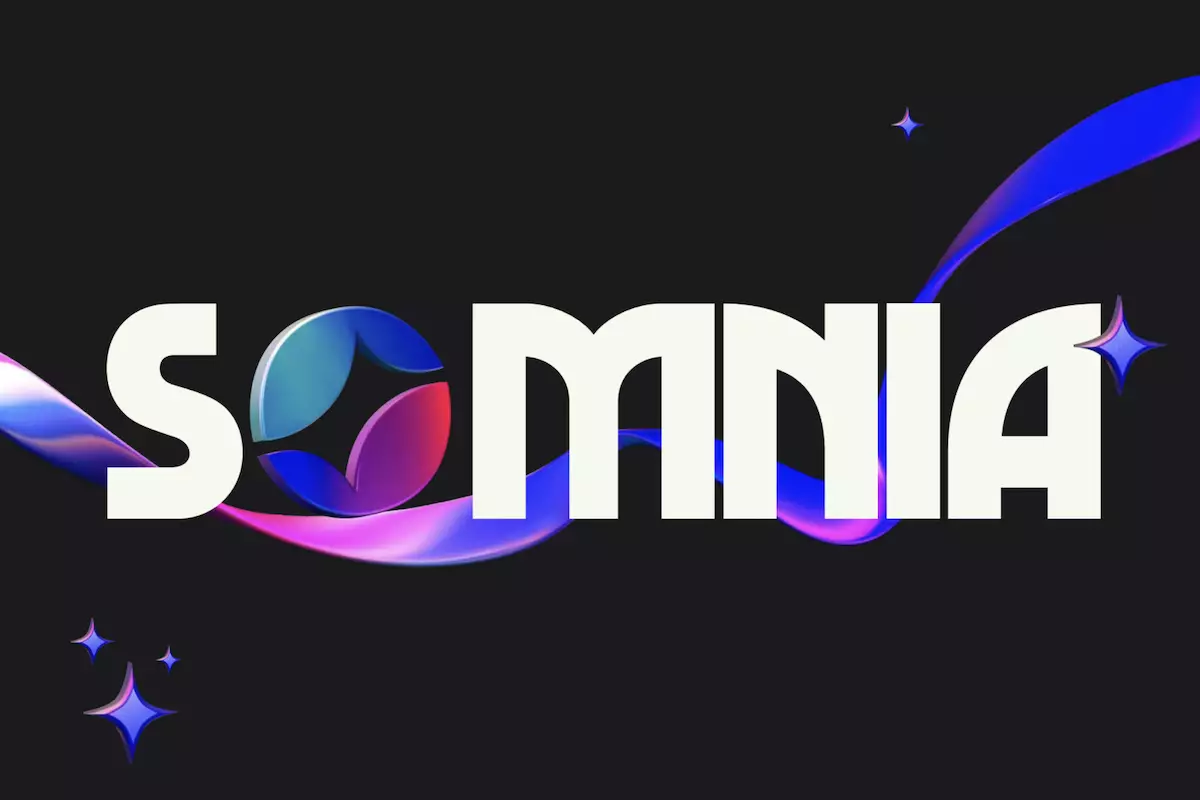Somnia has taken a significant leap forward in the blockchain space with the launch of its Developer Network, commonly referred to as Devnet. This platform is being heralded as the “dream computer” for developers eager to leverage high-performance blockchain technology. As various sectors including gaming, decentralized finance (DeFi), and social finance (SocialFi) look towards on-chain solutions, Somnia positions itself as a backbone for these applications, promising to enhance performance, reduce costs, and foster a broader range of useful technologies within the metaverse.
Impressive Performance Metrics
One of the standout features of Somnia’s Devnet is its remarkable processing capability. During internal tests, the platform managed to reach transaction speeds of 400,000 transactions per second (TPS) with finality achieved in less than one second. This level of efficiency is pivotal in a world where speed and cost-effectiveness determine the viability of decentralized applications. Furthermore, the transaction costs remain below one cent even in scenarios with high network traffic, thus ensuring accessibility for a wide audience.
The success of Somnia’s performance can be attributed to several innovative technologies in execution, database management, networking, and consensus mechanisms. The underlying database facilitates read-and-write operations within an incredible window of 15 to 100 nanoseconds, dramatically minimizing latency. Simultaneously, Somnia’s advanced networking capabilities allow for the transmission of 10 to 20 times more data between nodes compared to existing benchmarks, providing developers with the tools they need for responsiveness.
Developer-Friendly Features
The relevance of Somnia’s Devnet extends beyond mere numbers; it also caters significantly to developers. One of the key features is its full Ethereum Virtual Machine (EVM) compatibility, which allows developers to utilize established tools and programming languages. This ease of integration fosters a more seamless transition for those familiar with building decentralized applications, particularly in the realms of gaming and live event hosting.
Moreover, by incorporating instant reactions to on-chain events directly in Solidity, developers can create dynamic, interactive user experiences. This is particularly valuable for applications like real-time gaming and event platforms, where engagement hinges on immediate user interactivity. Such functionality is not just a minor improvement—it represents a potential shift in how various decentralized applications can be structured and deployed.
Somnia doesn’t stop at merely opening its Devnet; it actively seeks to build a robust developer ecosystem. The company is inviting developers to apply for whitelisting to join an initial cohort, a strategic move aimed at fostering a sense of community and collaboration in development. In addition, a $10 million grant program has been initiated to offer crucial funding, technical support, and market entry strategies, demonstrating Somnia’s commitment to empowering developers within its network.
Early partnerships, such as with Ankr for Remote Procedure Call (RPC) services, bolster the reliability and connectivity of the network. Meanwhile, Hemera’s Social Scan will serve as a block explorer to enable users to track blockchain transactions effectively. Thirdweb comes in to simplify the development process for EVM-compatible decentralized applications, ensuring that developers have the right tools at their disposal.
A key aspect of Somnia’s launch is the open public testing phase of the Devnet. This allows users to interact with a variety of decentralized applications, including DEXs, NFTs, and engaging games, during specified testing hours. This public interaction is critical for collecting valuable feedback and assessing the platform’s functionality in real-world conditions. Participants have the opportunity to obtain Somnia Test Tokens (STT) through a dedicated faucet, enabling them to take part in the testing process actively.
With the launch of its Devnet, Somnia aims to redefine how data and functionalities are incorporated into blockchain technology. By offering exemplary performance metrics, developer-friendly features, and a supportive ecosystem, Somnia positions itself as a formidable player in the decentralized landscape. As interest in blockchain applications grows, Somnia’s innovative approach could significantly influence the next generation of decentralized applications, making it an exciting venture to watch in the coming years. For those interested in tapping into this groundbreaking technology, more information regarding Devnet access, the grant program, and the whitelisting process can be found on Somnia’s official website, paving the way for the next wave of digital innovation.

